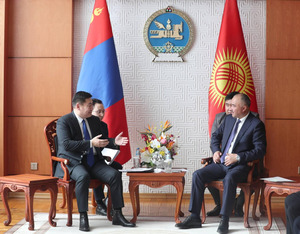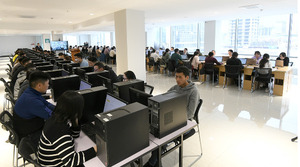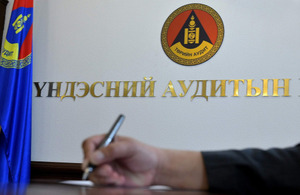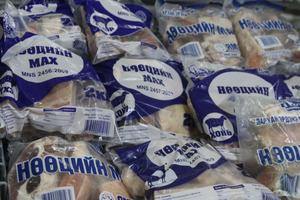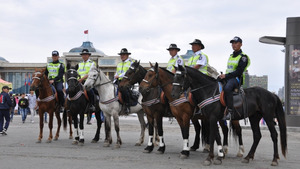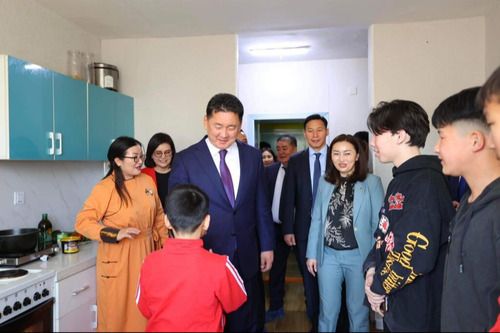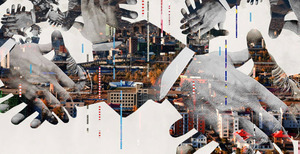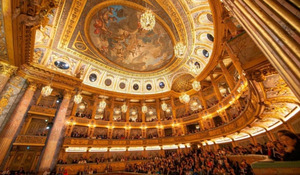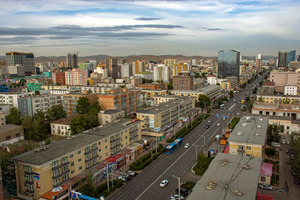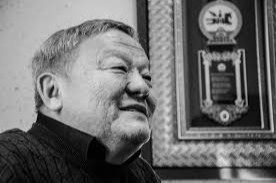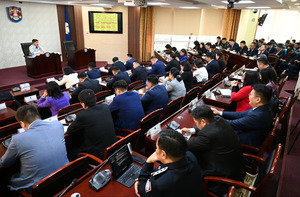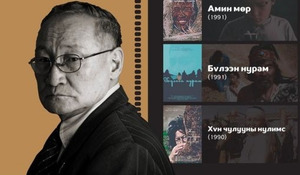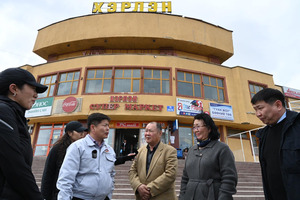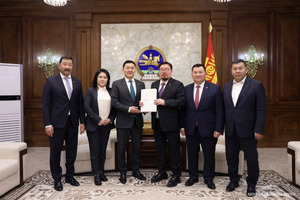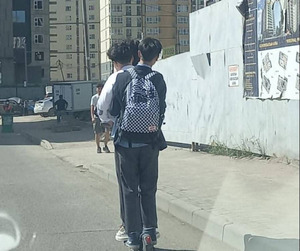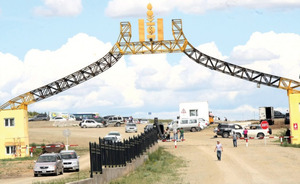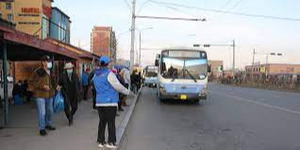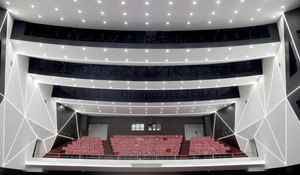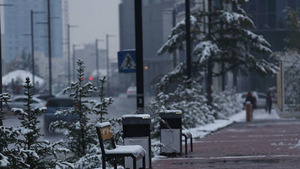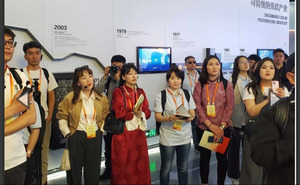Country Faces Pollution, Traffic and Other Ills As It Reaps Riches From Mining
The world"s coldest capital is seeing the downside of its country"s rush from nomadism to modernity.
The air in Ulan Bator is choked with smoke from fires that now-settled nomads burn in their homes to stay warm in minus 30-degree Fahrenheit weather. Traffic is so bad from all the new car owners, it"s faster to bundle up and brave a 10-minute walk than to drive short distances.
A sparsely populated nation of herders, Mongolia has gone from post-Soviet basket case to one of the world"s fastest growing economies, thanks to a mining boom. Money has flooded in to exploit deposits of coal and copper, mainly to sell to China, the gest consumer of natural resources, which sits conveniently next door.
That"s a contrast to the post-communist era, when roads in Ulan Bator were empty and the concern was whether the city"s hulking power plant, its sole source of power and for many people steam heat, would get through the winter. For some at least, basic needs have given way to desires filled by global luxury brands like Burberry and Mercedes Benz, which have come to the capital.
But now the land of Genghis Khan is struggling with the fallout from that growth. Besides the pollution and the traffic gridlock, a backlash has developed against the mining investments meant to enrich the country. Many people are concerned the projects give away too much to the Chinese, who many Mongolians fear and hate, sprouting from centuries of war and occupation.
The mining wealth isn"t trickling down to everyone. While the economy grew 17% in 2011 and around 12% last year, unemployment is 9% and a third of the country"s 2.8 million people live in poverty. Prices of milk and meat, which make up most of the Mongolian diet, rose 50% the past year as the money supply swelled and the economy heated up. A United Nations official visiting Mongolia in early December said the mining boom has "left behind" the poorest sectors of society.
Politicians seeking to block a Chinese company from buying a Mongolian coal mine passed a controversial foreign investment law in April. Then the government in October sought to renegotiate the terms of a deal Mongolia struck with mining giant Rio Tinto PLC in 2009 to develop the country"s gest project, a $7 billion copper mine called Oyu Tolgoi. Rio declined to comment.
The new investment law requires foreign investments in mining, banking and telecommunications to gain approval of the central government"s cabinet or parliament, an uncertain process in the country"s topsy-turvy democracy. The jailing of an ex-president on a corruption conviction and presidential elections set for May have added to a sense of uncertainty.
A separate proposed law to more tightly regulate mining in Mongolia is also drawing the ire of the business community. The law "threatens to shut down the entire minerals industry of Mongolia," said the Business Council of Mongolia last week.
New foreign direct investment has already dried up since mid-2012, local government officials and business leaders say.
The new law "doesn"t look good for foreign investors. It is showing Mongolia is not a safe place to invest," said Ganzorig V., director of strategic planning for Shunkhlai Group, one of Mongolia"s business conglomerates, with investments in real estate, vodka, telecommunications and mining.
Even as foreign investment has slowed, Ulan Bator has seen an influx of urban migrants attracted by the prospect of jobs, a more modern lifestyle and education for their kids.
Many packed the felt tents they used in the countryside and erected them in the city. But instead of dotted across the steppe, miles between neighbors, the tents are jammed next to each other without sewage disposal, water and heating.
So far jobs continue to lure the nomads to the city. Hotels and apartment blocks are rising. In a showroom for a condominium project called River Stone, two-bedroom units with wood floors and triple glazed windows imported from Germany cost $80,000. That"s cheap by Western standards, but a lot for a country where per capita income is $3,500.A new bridge built with aid from the Japanese government opened last year, spanning the railway tracks that bisect the city. The new connection set off a real estate frenzy, said Baasansuren B., a project manager for River Stone (Mongolians often use an initial for their last name.)
He points to another developer"s building across a frozen creek. "They"ve raised prices 20% since the bridge opened," he said.
Construction workers are busy putting the finishing touches on the River Stone complex despite the brutal cold. One man wearing thick mittens moves paving stones into a wheelbarrow while another pounds a mound of frozen earth with a pick. They make $10 to $15 a day. "They work to live," Mr. Baasansuren said.
Across town, a quarter of Ulan Bator"s population live in traditional circular felt tents, known as gers, or in rudimentary concrete houses, jammed together onto hillsides. After an influx of population from the steppe, Ulan Bator now holds more than 40% of the country"s people, up from about 30% of the population at the start of the millennium.
In these makeshift neighborhoods, known as ger districts, roadside vendors sell bags filled with coal or wood, which locals burn to keep warm, a major contributor to the city"s air pollution. Each bag, about the size of the Manhattan yellow pages, costs 1,200 tugriks, or 90 cents. It routinely gets to -30 degrees Fahrenheit at night in December. The high temperature is around zero.
For water, locals rely on communal pump houses where it costs a few cents to fill up a bottle. Going to the bathroom means a trip to a primitive unheated outhouse. For showers, locals go to bathhouses, which cost about a $1, so some people avoid washing regularly.
The migration from the steppe to Ulan Bator has created a metropolis without the infrastructure to support it. Charities are trying to fill the gap. Showers for kids is one example: Because they aren"t getting clean at home, the Mongolian chapter of the Rotary Club raises money to build showers and toilets in schools.
In a school for the deaf near a ger district, audiologist and doctor Dangaasuren B. shows off the communal shower room the Rotary built. Most of the 300 pupils use the shower once a week in 15 minute shifts."Parents are very happy and we can see very clean kids," he said, wearing three sweaters and a white lab coat to keep warm inside the school. He leafed through a notebook covered with a picture of soccer star David Beckham in which a caretaker keeps records of the showers.
"Before they were dirty. It"s very successful," he said.
“The Wall Street Journal”
